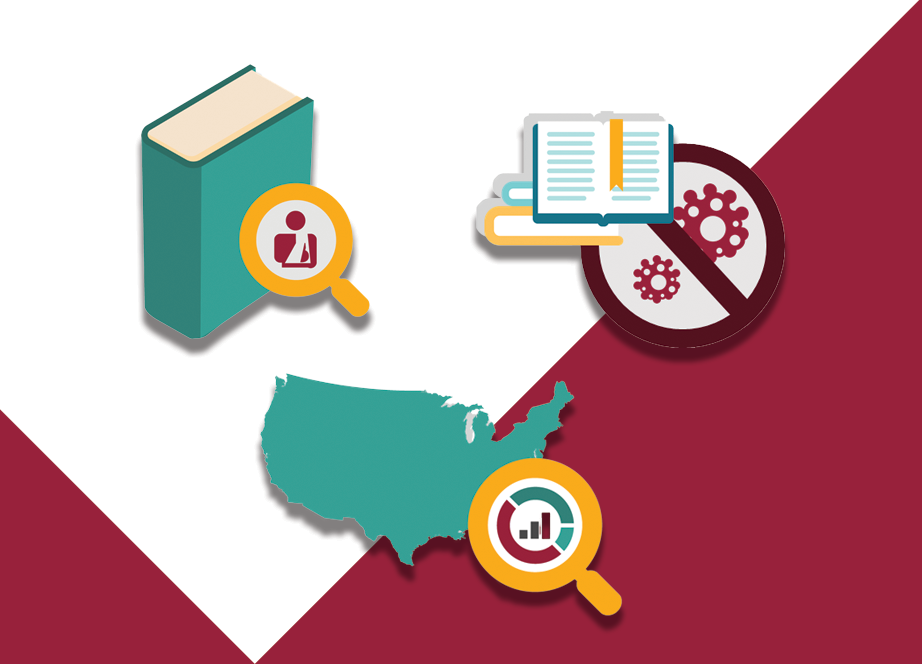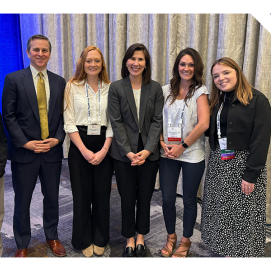This field of transdisciplinary public health law can help answer many important questions about the impact of law on health, such as
- Why does life expectancy in two neighboring counties differ?
- How does raising the minimum wage affect health?
- Are laws regulating youth sports having an impact on traumatic brain injury?
Legal epidemiology — the scientific study of how laws affect public health — gives us a way to answer these public health law questions scientifically. Using the tools of legal epidemiology requires new skills and competencies, the Legal Epidemiology Center (LEC) features trainings and resources to teach you those skills. Developed through a partnership between CDC, ChangeLab Solutions, and the Policy Surveillance Program at Temple University’s Center for Public Health Law Research, the LEC provides a brief overview of its offerings and links to resources for researchers, educators, students, and practitioners in health departments.
The training modules listed below introduce legal epidemiology and two facets of legal epidemiology practice: legal mapping (with a focus on policy surveillance) and research methods. We've also provided additional resources to help you take your legal epidemiology to the next level after you've completed the trainings. If you are interested in learning more about legal epidemiology education and training opportunities, please contact CDC’s Office of Public Health Law Services using this form.







